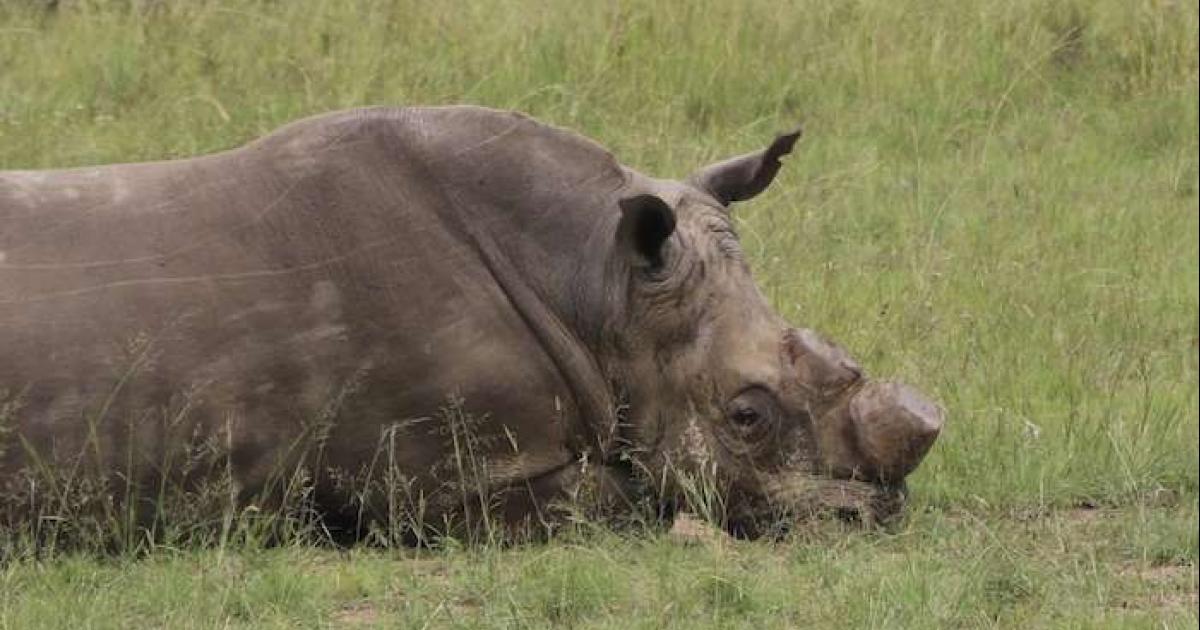Prohibit trade in rhinoceros horns
people signed. Let's get to 10,000!

Addressed to: President of South Africa Jacob Zuma and 2 more
The South African government has lost judicial battles to maintain the 2009 ban, which was challenged by rhino breeders, and now leans towards regulated trade, including backing a failed proposal from neighboring Swaziland made during a wildlife conference Of the United Nations Organization (UN) in Johannesburg last year, which sought to legalize the international sale of rhinoceros horn.
Despite poaching, the South African Government is moving forward with plans to allow domestic trade and limited export of rhinoceros horns. However, many international conservationists believe that rhinos will become more vulnerable to poachers after a record slaughter of these animals over the last decade.
According to the draft regulation, a foreigner with the corresponding permits may export "for personal purposes" a maximum of two rhinoceros horns.
Critics of the plan say it will be difficult to track any exported horns and likely to end up on the black market, violating global agreements to protect populations threatened of rhinos.
Most of the world's rhinos live in South Africa. An international ban on the rhinoceros horn trade has been in place since 1977 and South Africa imposed a moratorium on domestic trade in 2009, when rhino poaching was accelerated to meet growing demand for horns in parts of Asia, especially in Vietnam .
On Friday, a 30-day deadline ended during which citizens were invited to express their views on the Rhino Horn Trade Bill, the Department of Environmental Affairs reported.
"The draft regulatory provisions will be reviewed based on comments received and the process will be launched for final legislation approval," the department added in an email to The Associated Press.
Any foreigner who takes rhinoceros horns from the country must do so through O.R. Tambo from Johannesburg and cannot carry them as hand luggage, in accordance with the draft provisions.
It adds that authorized cargo agents must provide the authorities with DNA data and other information related to the horns exported. Skeptics believe that the system will be an open door to corruption.
Some consumers in Asia believe that rhinoceros horn in the form of powder can cure diseases, although there is no evidence in that sense. The horn is made of the same substance as the human nails.
SIGN AND SHARE THIS PETITION
The content of the petitions and the opinions expressed here are the sole responsibility of the author.
